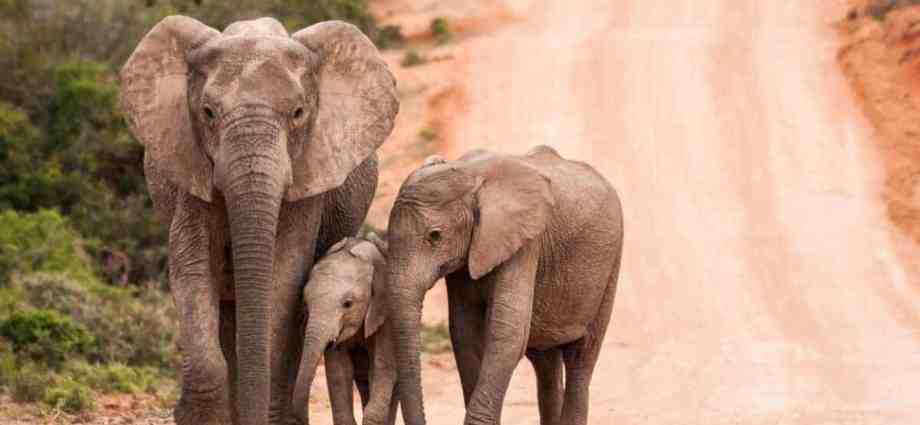Addo Elephant Park Relocates 42 Elephants to Avoid Culling

Conservation Success Through Strategic Relocation
The Addo Elephant National Park (AENP) has successfully relocated 42 elephants to new areas as part of its conservation strategy to control population growth without resorting to culling. This humane approach helps maintain ecological balance while addressing the park’s growing elephant numbers.
South Africa’s Conservation Triumph
Established in 1931 between Gqeberha and Makanda in the Eastern Cape, AENP began with just 11 elephants in a province once home to vast herds. Today, the park boasts over 850 elephants, marking one of South Africa’s most significant conservation achievements.
Expanding Elephant Habitats
The park has grown from its original 2,270 hectares to nearly 300,000 hectares, including a 114,000-hectare marine reserve. The recent relocation moved elephant families to Kabouga, a 26,000-hectare water-rich section 50km from Main Camp, helping restore ancient elephant corridors.
Elephant Families Find New Home
The relocated group included female-led families with offspring, including an elderly matriarch and a newborn calf. Park manager Roland Januarie emphasized that such translocations have been successfully conducted for years to expand elephant ranges and repair ecosystems.
Elephants as Ecosystem Engineers
SANParks describes elephants as “system engineers” whose natural behaviors benefit biodiversity. Their activities—from seed dispersal to creating water access points—help rejuvenate ecological processes in areas where they’ve been absent.
Conservation Funding and Contraception
The relocation project received support from the Global Humane Society. Additionally, AENP implements elephant contraception programs, with over 280 females treated last year. Dr. David Zimmerman clarified that this reversible method differs from sterilization and helps maintain a healthy population balance.
Source: The Citizen


